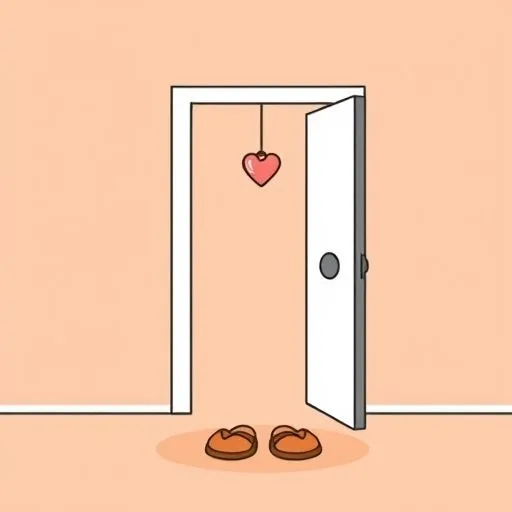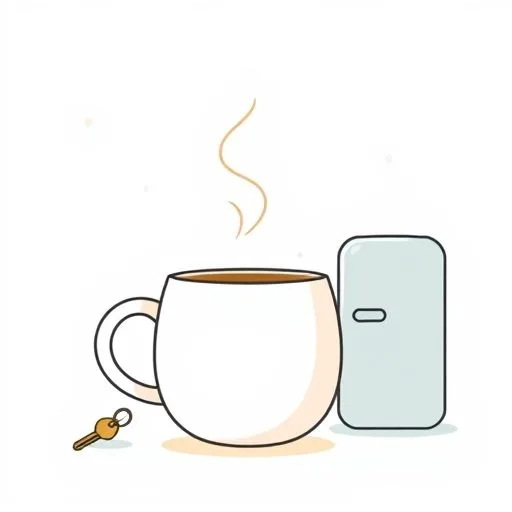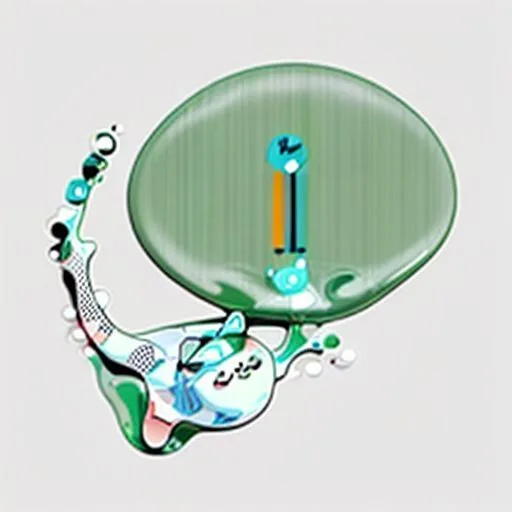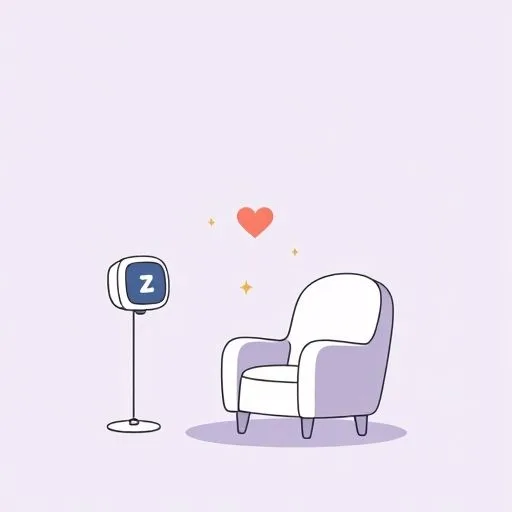
You know that moment right after the kids’ bedroom door clicks shut? When the house finally settles and she lets out that soft, almost-silent sigh? I used to miss it too—mistaking it for relief. But now I see it for what it really is: the sound of someone who’s been holding everything together since before dawn. It’s not just tiredness; it’s the quiet unraveling of a day’s invisible labor. What if we stopped waiting for ‘burnout’ to notice these moments? What if we started catching those small tremors before they become cracks?
Reading the Unspoken Signs Before the Sigh

Watch her hands after bedtime. Not when she’s bustling—when she pauses. The way she rests her forehead against the fridge door just 3 seconds too long. How she picks at her cuticles while staring into the coffee mug she never got to finish. I used to think these were nothing; ‘just tired,’ I’d tell myself. But tiredness has fingerprints: the forgotten keys by the sink, the third time she checks if the monitor’s on, the way her voice loses its hum when she says ‘goodnight.’
You know what I realized? We often wait for big explosions—tears, snapping—to ‘fix’ things. But the real call for help lives in what she doesn’t say. That half-zipped jacket left by the door? It’s not forgetfulness; it’s a mind stretched to its limit. The stiff neck she rubs absentmindedly? Not just physical—it’s carrying the weight of tomorrow’s lunches, doctor appointments, and that work project due at 9 AM.
What changed for us? I stopped asking ‘What’s wrong?’ and started noticing the tremors. Like how her shoulders dropped an inch lower when she thought no one was watching. Or the way she’d trace the same spot on the counter while mentally running her to-do list. These weren’t flaws—they were flares. Silent signals saying: ‘I’m still standing… but barely.’
Here’s your first move tonight: Don’t speak. Just watch. Where does her body go when the noise stops? That’s where your support needs to start.
Small Shifts That Actually Lighten the Load

We’ve all heard ‘Just help more!’—but that’s like telling someone drowning to ‘swim better.’ Exhaustion isn’t solved by bigger actions; it’s undone by tiny, thoughtful ones. After seeing those signs, I realized my ‘big gestures’ missed the mark. Bringing her coffee? Sweet, but she’d just set it down to fold laundry. Asking ‘How was your day?’ over dirty dishes? My cue to fix everything she’d already fixed a dozen times.
So I flipped it: Instead of adding talk, I subtracted friction. Monday, I cleared the sink before she walked in—no announcement, just space to breathe. Wednesday, I turned on the dishwasher while she was still scrubbing pots. Not ‘Let me do that!’ but quietly joining her rhythm.
The shift? Her breath finally deepened. Turns out, what she needed wasn’t another task checked off—it was permission to stop holding her breath.
This isn’t about grand solutions. It’s about the little things she’s mentally bookmarking: ‘I’ll get to this later.’ Be the later. Pre-fill her water bottle before her shower. Sort the mail so she doesn’t scan bills at 10:30 PM. Leave a sticky note on the coffee maker: ‘You crushed today.’ No fanfare. Just making sure when she pauses, the ground beneath her feet feels steady.
She didn’t need me to ‘fix’ her exhaustion. She just needed to feel seen in it.
And here’s what surprised me: That night when I handed her warm socks without a word? She cried. Not from sadness—from relief that someone finally noticed how cold her feet had been all day.
When You See Her, She Starts Seeing Herself

The magic isn’t in what you do—it’s in what she unlearns. I watched her stop apologizing for needing coffee at 7 PM. Saw her actually sit down while the monitor played lullabies. How? Because she finally believed someone else had the watch.
True support isn’t about taking over; it’s about creating breathing room so she can trust herself again. Remember those tremors in her hands? They didn’t vanish overnight. But one night, I caught her laughing freely while I handled bath time—no eye-checking the clock, no guilt in her shoulders. That’s when it hit me: She wasn’t just tired. She was exhausted from carrying the fear that if she stopped, everything would fall.
What happens when she feels truly held? She rediscovers her own resilience. Not the ‘strong mom’ armor, but the real, human strength that says ‘I need 10 minutes’ without panic. That time she actually took a hot shower because I’d put kid pajamas on? She emerged looking ten years younger—not from the water, but from dropping the weight of being indispensable.
So tonight, when that door clicks shut and the sigh comes… don’t offer platitudes. Just stand there. Let her feel your quiet presence. Sometimes the deepest support is simply whispering: ‘I’ve got it.’ And meaning it so thoroughly she can finally exhale. Because that sigh? It’s not the end of your day—it’s the start of hers. The moment she realizes she’s not alone in the dark anymore.
Source: Computer chip performance optimization startup ProteanTecs raises $51M, Silicon Angle, 2025/09/11
